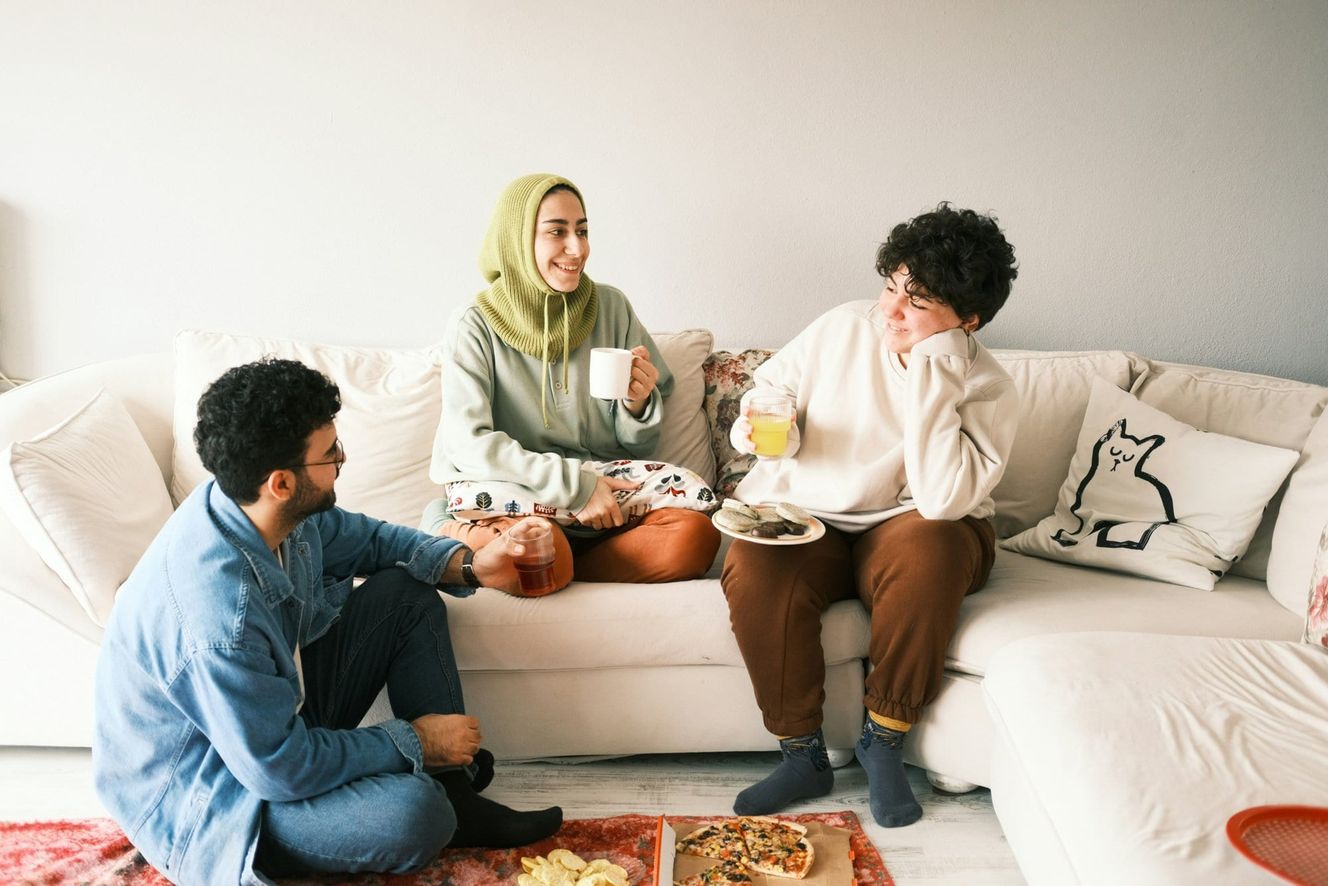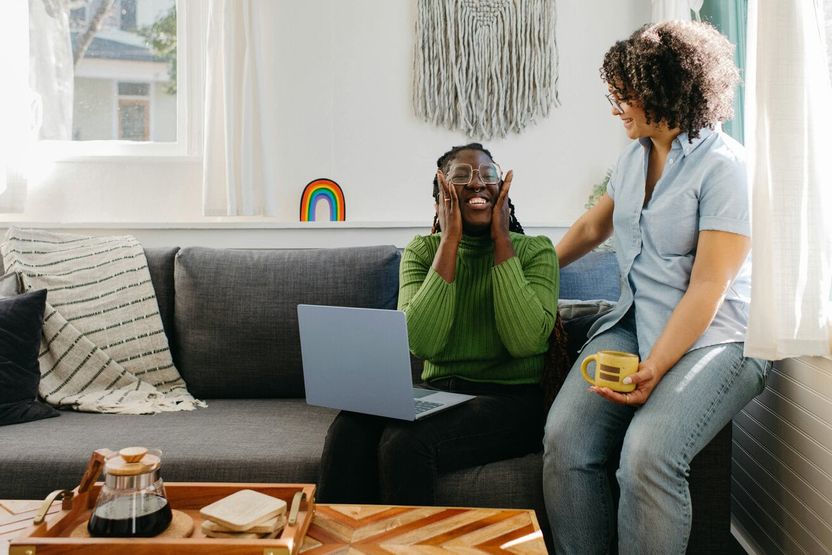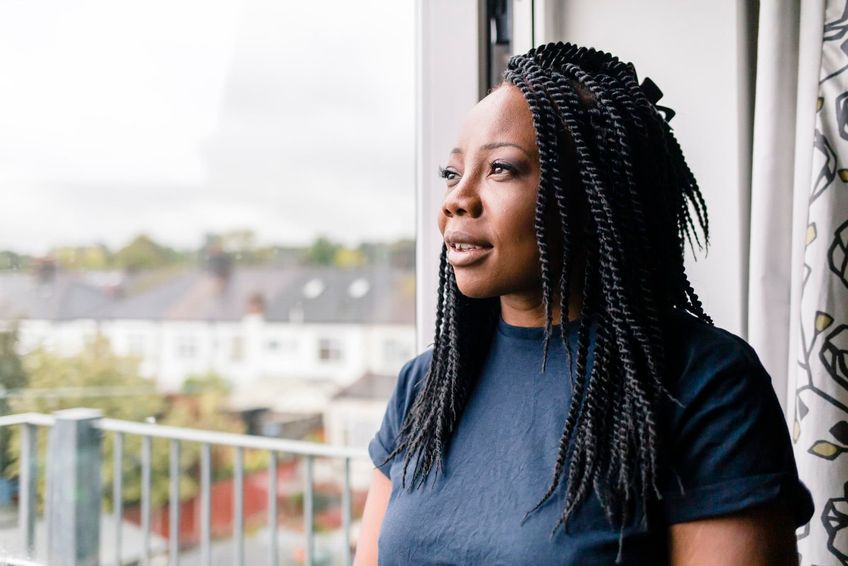Shared Ownership: Eligibility and prioritisation

What is the Shared Ownership eligibility criteria?
Who can apply for Shared Ownership?
Shared Ownership is a government-backed scheme aimed at helping first time buyers and those who do not currently own a home to step onto the property ladder. Buyers can achieve homeownership in more manageable stages by purchasing a share of a property and paying rent on the remaining portion. You can learn more about how Shared Ownership works here.
Am I eligible for Shared Ownership?
To apply for a Shared Ownership home, you’ll need to meet the following criteria:
- Age requirement: Applicants must be 18 years or older.
- First time buyer or non-homeowner: You cannot own another home. Shared Ownership purchasers are often first time buyers but if you do already own another property (either in the UK or abroad), you must be in the process of selling it.
- Income threshold: Your annual household income must not exceed £80,000, or £90,000 per year in London.
- Inability to purchase outright: You must not currently be able to afford to buy a home suitable for your housing needs on the open market.
- Local eligibility requirements: Some housing providers or local authorities may apply additional criteria, such as a connection to the area where the property is located.
- Payment history: You must show you are not in mortgage or rent arrears.
- Financial standing: You must be able to demonstrate that you have a good credit history, including no bad debts or county court judgements (CCJ) and can afford the regular payments and costs involved in buying a home during your Shared Ownership credit check.
What are the allocation and prioritisation rules for Shared Ownership housing?
While Shared Ownership aims to help first time buyers take those first steps onto the property ladder, the scheme is actually available to anyone (including second steppers, upsizers and downsizers) as long as they meet the eligibility criteria.
In addition, the general allocation and prioritisation of properties available under this scheme include but are not limited to the following:
- All priority groups were removed in 2016 for areas with an under-supply of Shared Ownership homes, making properties available on a first-come, first-served basis for applicants who meet the eligibility and affordability criteria. However, exceptions to this can be made where the Government has determined specific priority groups or locations.
- Housing providers are required to have a clear and accessible process in place so applicants and others involved know how this works. This policy should include at which point they establish the first-come first-served policy – for example, on first application, first reservation, or first to fully complete a financial assessment.
- Military personnel are given priority for government-funded Shared Ownership schemes, with priority extended to serving members and former British Armed Forces personnel discharged within the last two years in cases of under-supply.
- Some developments may require a preference for applicants who live or work locally, as stipulated by local authority planning permissions. This requirement is set by the local council, not the housing association.
It’s also important to note that the housing association selling the property may also have their own eligibility criteria, so it’s always worth checking what their requirements are too.
Where can I search for Shared Ownership houses and apartments?
If you’re interested in Shared Ownership and how it could help you get onto the property ladder, you can widen your knowledge about the scheme and explore the costs and affordability involved here on Share to Buy. Ready to start your property search? Use our property portal to discover new-build and resale Shared Ownership homes today.

Mortgage affordability calculators
Wondering how much you could borrow?
Find out in minutes with our easy-to-use Mortgage Affordability Calculators, designed to help you understand your borrowing potential for a Shared Ownership home.
Empowering you every step of the way
Ready to move forward in your homebuying journey or still searching for the right pathway for you? Whatever stage of the process you’re at, our range of helpful resources and FAQs can help to guide your decisions so you can progress with confidence.










